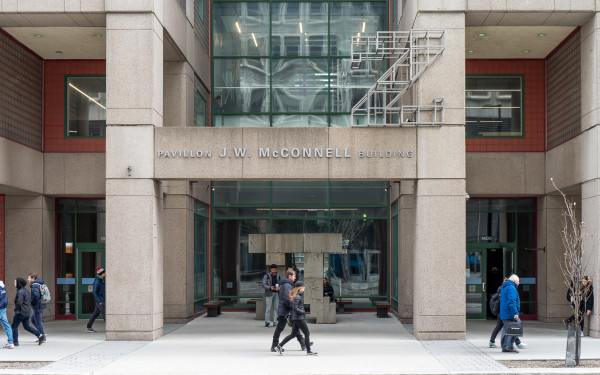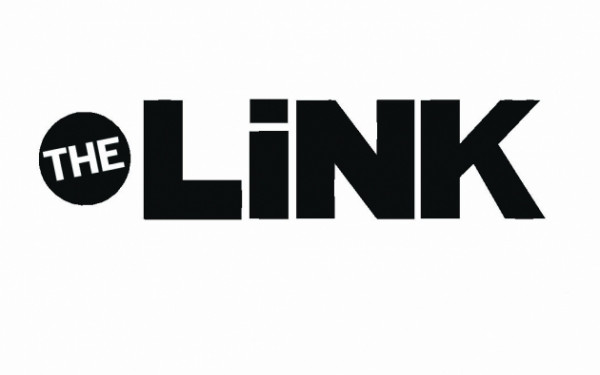Concordia Model UN’s Quest for a Fee Levy
A month after Concordia’s Model United Nations club submitted its application to become a fee-levy group, it’s still unclear whether undergrads will get to vote on whether to approve its request for a seven-cent-per-credit fee.
The Concordia Student Union’s policy committee met with CONMUN Oct. 2 to go over its proposed constitution. The committee expressed various concerns, but CONMUN provided a five-page rebuttal circulated at the CSU council meeting last Wednesday.
“We feel CONMUN is being held to a different standard than other groups,” CONMUN’s executives wrote, saying their constitution is nearly identical to several Concordia fee-levy groups that were not subjected to a two-hour meeting “eviscerating” their constitution.
Council ultimately voted to send the proposed constitution back to the policy committee for further evaluation.
“We’ve been trying to figure out why this has been happening, […] why our constitution is scrutinized line by line, word by word, when this has never happened [for other groups] before,” said Alex Chaboud, CONMUN’s VP Strategy and Marketing.
But CSU VP Academic Terry Wilkings, who chairs the policy committee, called the discussion with CONMUN “collaborative and informative.”
“I feel that the work of the policy committee was fair,” he told council. “We told them what the policy committee’s decision was going to be in terms of whether the constitution was sound or unsound, functional or not functional.”
Chaboud told council that CONMUN consulted with a lawyer, Concordia management professor Patrice Blais, in drafting its constitution. Blais has previously worked with fee-levy groups and not-for-profits, he added.
James Tyler Vaccaro, a councillor for the faculty of arts and science, said the CSU was “nitpicking on points” in the constitution that they had no right to scrutinize.
“It’s sad to see a student organization that’s been around a good amount of time […] come to the CSU in this way and not really get solid feedback,” he told council.
Councillors and executives disagreed on the policy committee’s role in scrutinizing fee-levy groups’ constitutions.
Vaccaro, who served as the union’s VP Clubs and Internal last year, said it wasn’t the CSU’s place to question a fee-levy group’s constitution on the basis of values, noting instead that the emphasis should be on the document’s compliance with the law.
But Wilkings contended that the policy committee’s role extends further than determining a constitution’s legality, arguing that it must also determine whether a group can “function under” its proposed constitution.
CONMUN executives expressed frustration with the fact that the CSU’s regulations may now prevent a vote on a fee levy from happening this fall.
According to CSU standing regulation 241, student groups seeking a fee levy must submit their documentation to the CSU at least two months before the start of the fall by-election’s nomination period.
Arts and science councillor Lucinda Marshall-Kiparissis, a member of the policy committee, questioned whether CONMUN had complied with that deadline.
She explained that the deadline is for finalized documents, while CONMUN’s constitution requires changes to be made after the deadline.
Chaboud told The Link other fee-levy groups have been afforded some leniency regarding deadlines, noting that the Concordia Food Coalition submitted its fee-levy application in October last school year, nearly a month later than CONMUN’s this year.
Wilkings said the policy committee’s goal is to have the constitution ready for the next council meeting Oct. 22, which would increase the group’s chances at putting a referendum question to students in a fall by-election.
CSU President Benjamin Prunty told council that the union doesn’t yet know if it will be holding fall by-elections, and no date for them has been set.
CONMUN sends Concordia students to various Model UN conferences in Canada and abroad. Participating students research a country’s foreign policies and then represent its positions in a simulation of a United Nations committee or agency.
If undergraduate students vote in favour of giving CONMUN a fee levy, the club will use the estimated $50,000 in funding to ensure that all students can participate in national and international competitions, CONMUN president Nathanaël Dagane told The Link.
“All the costs [to participate] will be paid, from A to Z,” he said, explaining that having a fee levy would make the club accessible to students who might otherwise struggle to pay to attend conferences.
Funding would also help the club bring speakers to the university to talk about diplomacy.
If undergrads approve CONMUN’s fee-levy request in a referendum, students taking five classes per term will be charged $1.05 per semester that would go towards the group.

_900_422_90.jpg)
_600_832_s.png)



